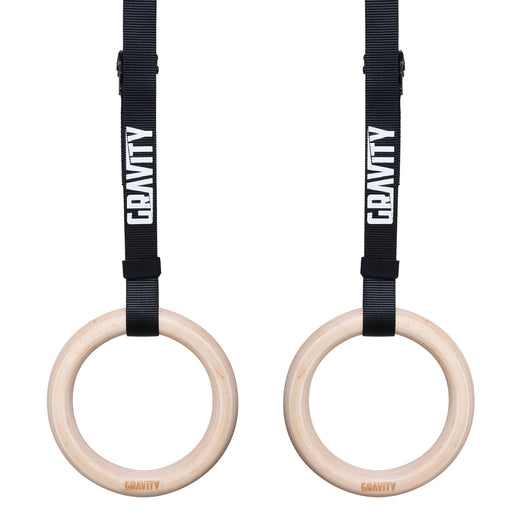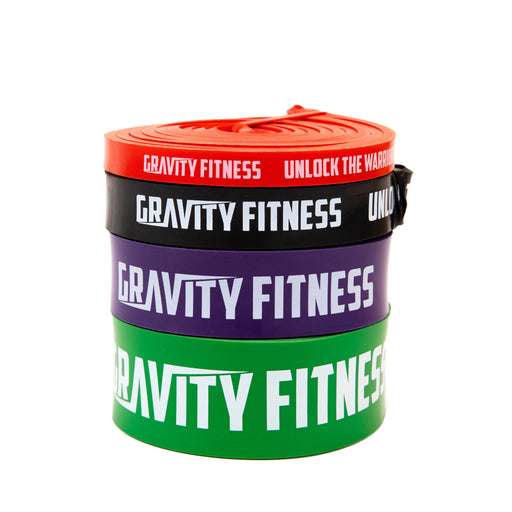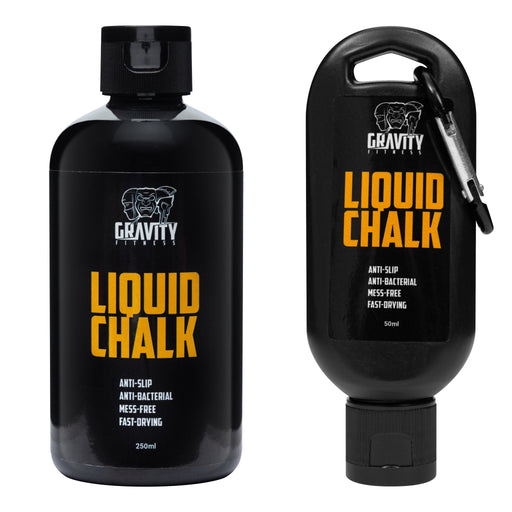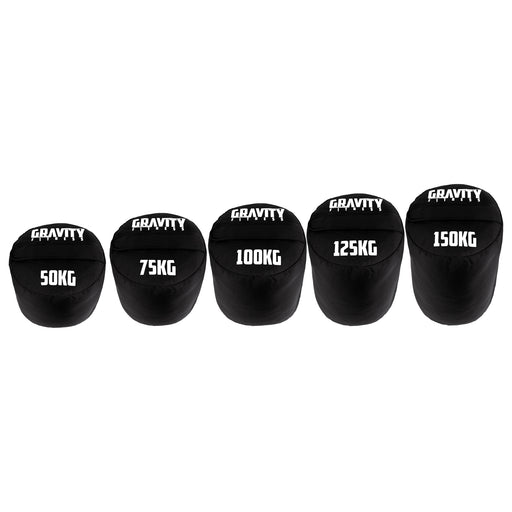Fruits Or Vegetables - Which Is Healthier?
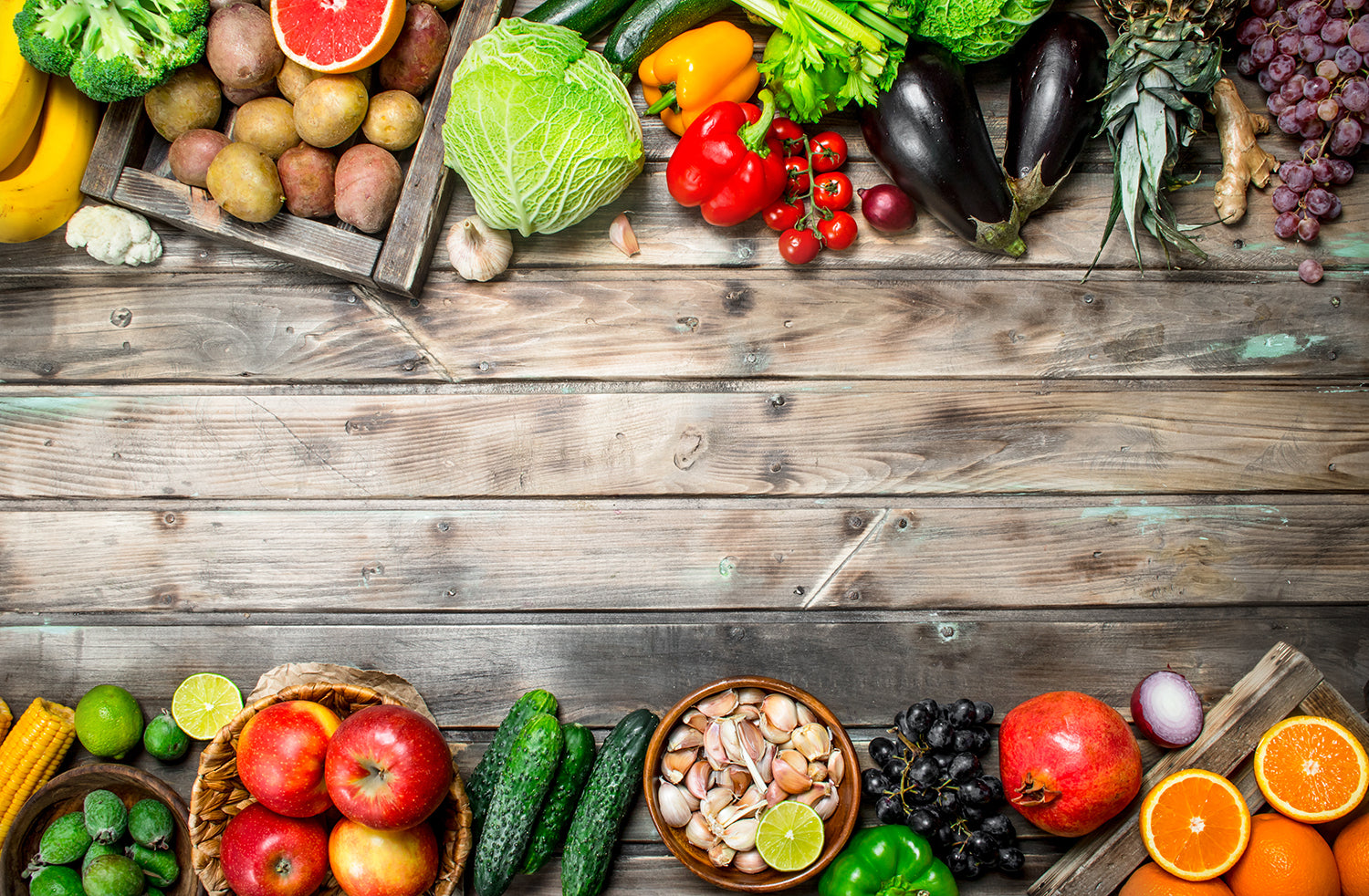
Fruits Or Vegetables - Which Is Healthier?
Are fruit and veg equally healthy, or should you prioritise one for a healthy diet?
We’ve all been told that fruit and veg play a central role in heathy eating. But is it as simple as that, or should you get strategic about fruit and vegetables?
Are fruit and vegetables equally healthy?
It’s weird that “fruit and veg” are often used interchangeably in the same breath. They’re not the same at all. And – as we’ll discuss in this article – some carnivorous eaters steer clear of many vegetables completely. It’s important to know the nutritional differences between fruit and vegetables.
Differences between fruits and vegetables
Fruit is higher in sugar than vegetables (with a few exceptions)
Fruit is generally higher in calories than vegetables due to the sugar content
Leafy green vegetables are higher in carotenoids
Some phytochemicals are only found in cruciferous vegetables
Are there any risks to eating fruit and veg?
The blanket statement that we should all eat our 5-a-day doesn’t take into account the potential dark side of eating fruit and vegetables.
Fruit:
- is high in sugar
- contains high lectin load when unripe
- contains tannins which can interfere with digestion and nutrient absorption
- some contain cyanogenic glycosides and salicylates which can lead to allergy symptoms
Vegetables:
- are low calorie so can lead to lack of energy
- lack Vitamin D and B12
- high in phytates that block mineral absorption
What are essential nutrients?
Fruit and vegetables are often applauded as a great source of vitamins, minerals, and fibre (although we’ve already seen that they are actually low in some important vitamins). When we consider the categories of micronutrients that the body needs, we can see problems with a focus on fruit and veg. These four categories are vitamins, minerals, fatty acids, and amino acids. Fruit and veg are very low in many vitamins, they can block absorption of some minerals, and they are not a valid source of fatty acids or amino acids.
Is a plant-based diet complete?
There’s plenty of anecdotal evidence amongst the carnivore diet crew to suggest that fruit and veg intake isn’t strictly necessary. Plant-based food doesn’t give us complete nutrition, as it’s missing essential nutrients that we can only get through animal foods. The key nutrients missing from plant foods are Vitamin B12, Vitamin D3 and Vitamin K2.
Vitamin A is more bio-available in animal foods (plant foods have it in carotenoid form which must be converted to Vitamin A) https://pubmed.ncbi.nlm.nih.gov/18214019/
Vitamin B is best found in animal foods, especially B12
Plants don’t contain Vitamin D3 which is the form our bodies need, they do have Vitamin D2 which the body can convert to D3. https://www.ncbi.nlm.nih.gov/pmc/articles/PMC3651966/
Vitamin K1 is found in plant foods, but Vitamin K2 is not and this is an essential nutrient. https://www.ncbi.nlm.nih.gov/pmc/articles/PMC4600246/
List of dangerous vegetables
There’s a growing movement of healthy eating fans who avoid vegetables on the grounds that most veg contain toxins.
Nightshades like tomatoes, potatoes, and aubergines contain alkaloids
Cherries, peaches, and corn contain cyanogenic glycosides
Cruciferous vegetables contain sulforaphane
Spinach and soy contain oxalates
Beans, peas, lentils and courgettes contain saponins and lectin
Celery, limes, carrots and parsnips contain photosensitisers
Legumes contain tannins and alpha-amylase inhibitor
Can you be healthy without fruit or veg?
Animal products are higher than plant foods in every nutrient except Vitamin C. A well-designed carnivore diet is nutrient sufficient, unlike one that is reliant on fruit and veg. Do you eat a carnivore diet? We’d love to know your opinion on this – catch us on socials.
Check out our full range of functional and unconventional fitness training tools and take your healthy lifestyle to the next level.

















